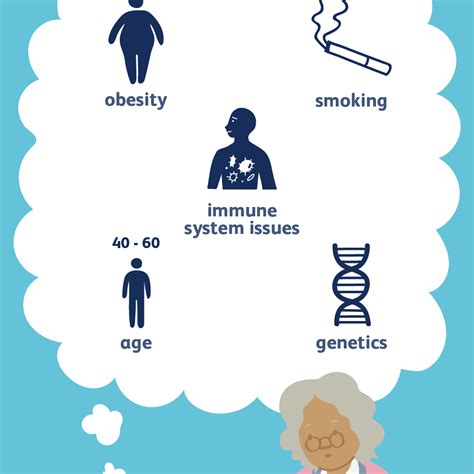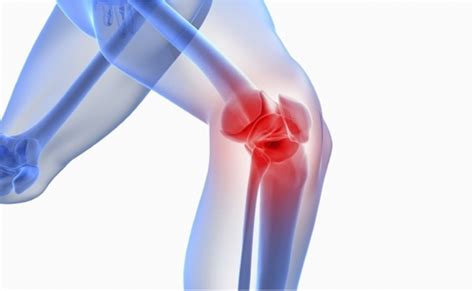Lumbar disc herniation, often referred to as a “slipped disc”, is a prevalent condition especially in middle-aged individuals. It primarily affects the lumbar spine area, which is the lower section of the back. This condition can manifest in ways that might surprise many, from pain in the legs and feet to significant discomfort in the buttocks.

A herniated disc happens when a piece of the spinal disc protrudes or ruptures, subsequently moving out of its normal position. This can apply undue pressure on the spinal nerves. The consequent symptoms may range from leg pain, numbness, and weakness, to more severe conditions like cauda equina syndrome and low back pain. Specifically, the L5 nerve, which descends in the central canal at the L4-5 and above levels, exits the foramen between the L5 and S1 vertebral bodies. S1 denotes the initial vertebra of the sacral spine.
It’s interesting to note that herniated discs are more likely to impact areas other than the back itself. According to HSS spine surgeon James E. Dowdell III, MD, the symptoms majorly affect the buttocks, legs, and feet.
The majority of disc herniations occur in the lower lumbar spine, particularly between the fourth and fifth lumbar vertebrae (L4-L5) and between the fifth lumbar vertebra and the first sacral vertebra (L5-S1). This condition can lead to a myriad of symptoms including pain, numbness, and changes in sensation.
While the presence of a herniated disc can be distressing, there’s a silver lining. In about 90% of cases, the pain caused by a herniated disc tends to alleviate on its own within a span of six months. Initially, it’s advisable to limit activities that exacerbate the pain. Over-the-counter pain relief is often the first line of treatment recommended by medical professionals.
For those with severe cases or those who don’t find relief through non-invasive methods, surgical interventions like discectomy can be explored. A discectomy is a type of spinal decompression surgery designed to address a herniated disc, relieving the pressure on the spinal nerve.
In conclusion, if you suspect you have a lumbar disc herniation or are experiencing related symptoms, it’s crucial to consult with a medical professional. Early diagnosis and treatment can pave the way for a quicker and more effective recovery.


